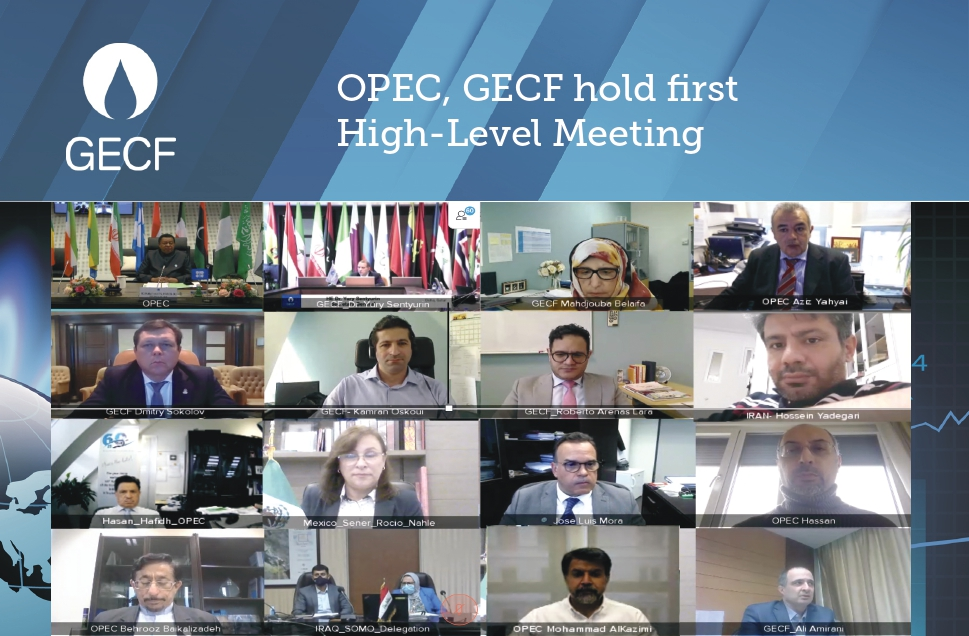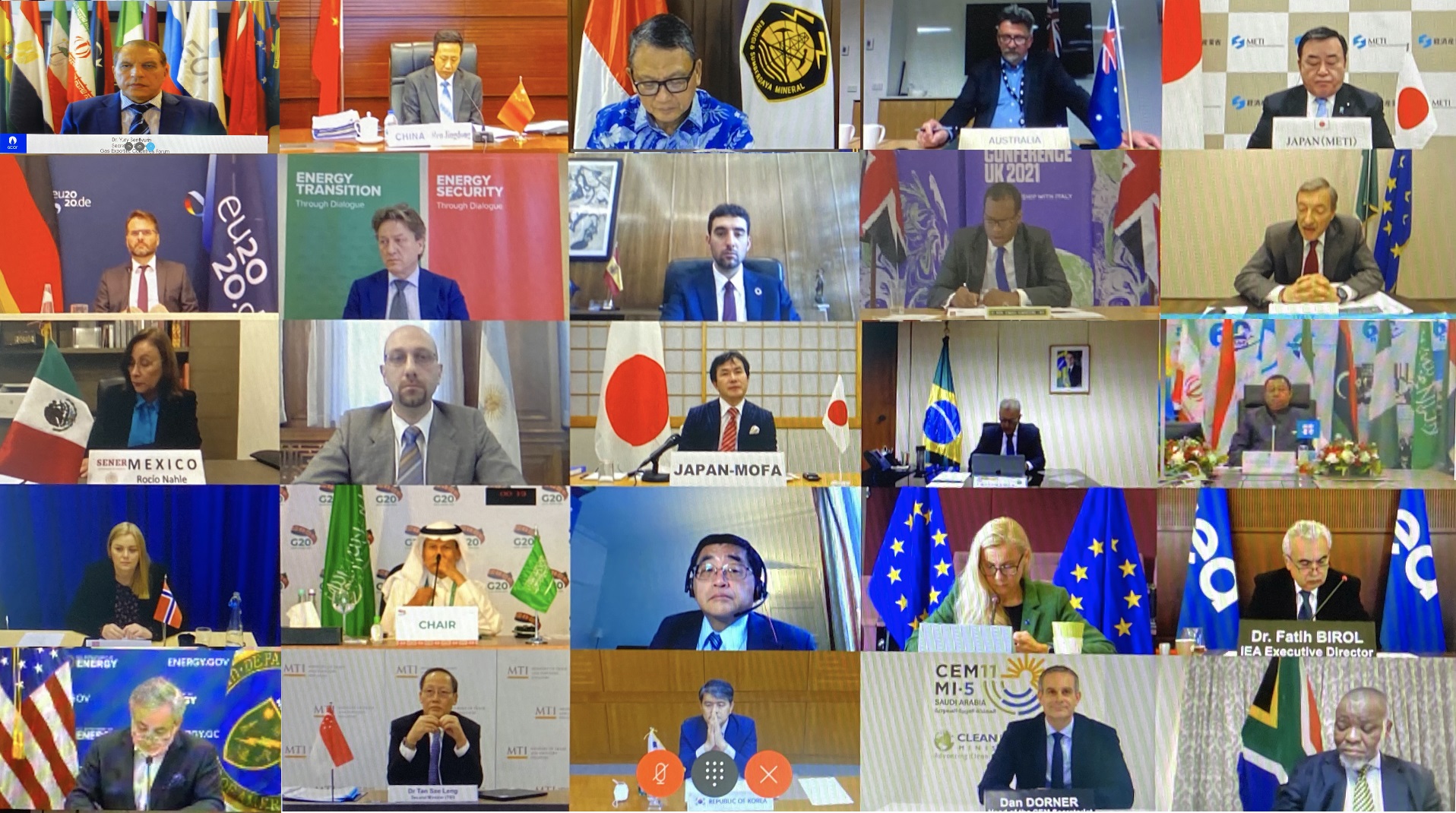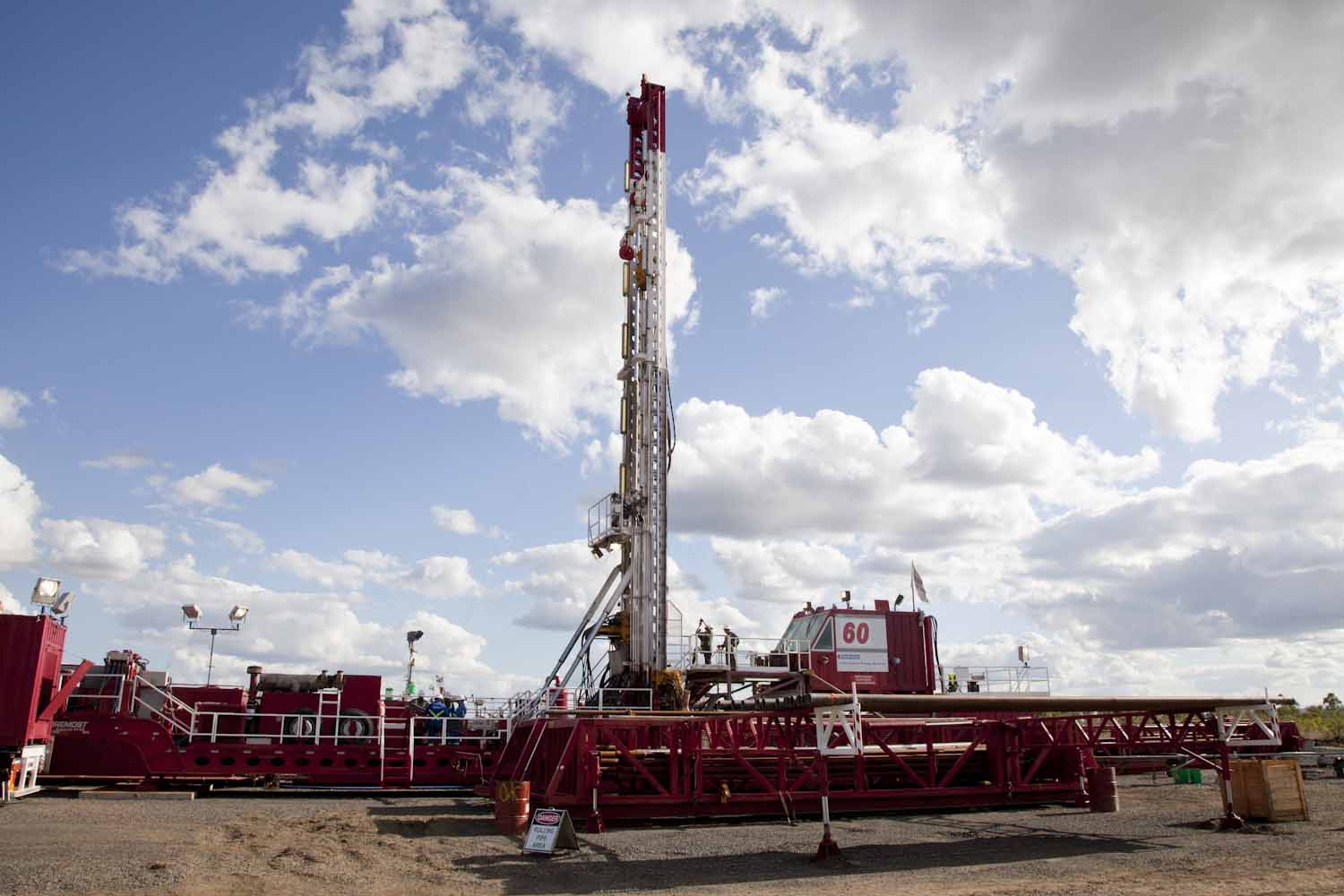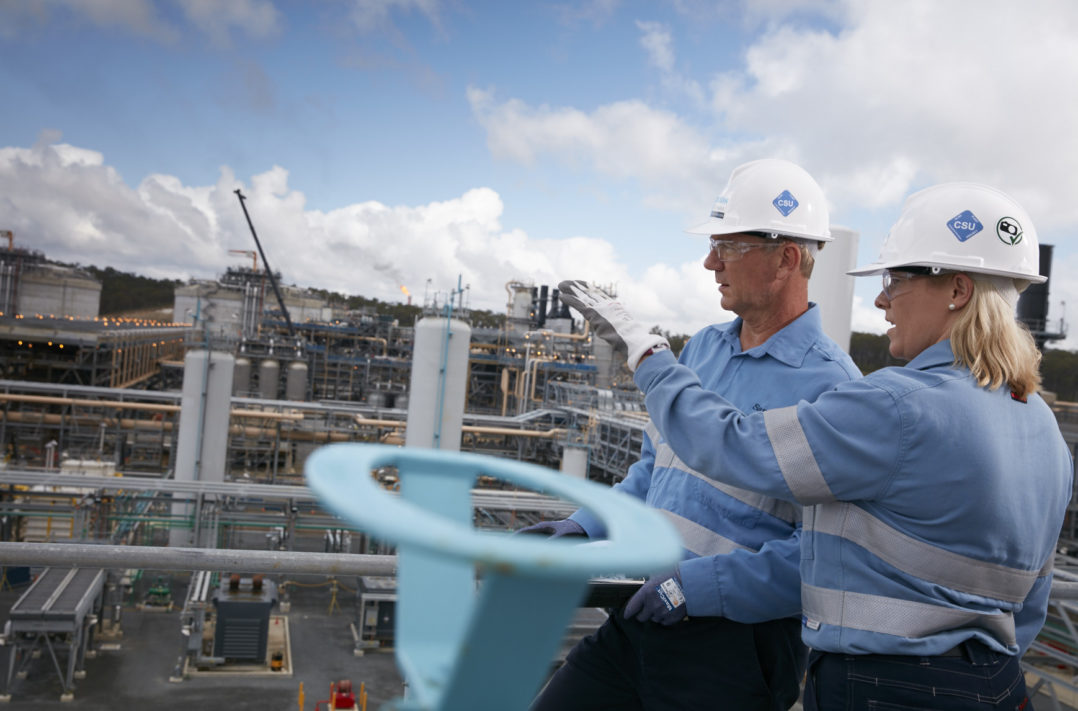Natural gas is a viable energy option that contributes efficiently to achieve a balance between the environment, social, and economic dimensions of the sustainable development. It reduces carbon intensity and pollution resulting from energy-related activities, supports access to modern energy, improves availability and reliability of supply, and provides competitive and affordable energy,” the Gas Exporting Countries Forum (GECF) Secretary General recently said at the 25th Oil & Gas of Turkmenistan Conference.
Taking part in the annual event via videoconference, HE Yury Sentyurin added that the “yet-to-find resources” would contribute to around 30% of the total production of natural gas worldwide by 2050 and that about 80% of the natural gas production by mid-century will stem from new projects – highlighting the importance of continued upstream investment.
“This means that the current level of proven reserves is not adequate to furnish the rising demand around the world,” said Secretary General Sentyurin.
Turkmenistan holds the fourth largest volume of global gas reserves and the GECF Secretary General reiterated the Forum’s readiness to support the Turkmen industry as it undergoes transformation on the back of the future energy trends, digitalisation, and climate action.
“The Forum’s expertise and collaborative assistance could be exceedingly instrumental in furthering gas industry expansion, advancing much-needed energy security, diversifying supply routes , and helping bolster local industry while benefitting the citizens of the country,” Mr Sentyurin said.
According to the latest available figures from the signature GECF Global Gas Outlook 2050, natural gas production in the Central Asian Republic is set to increase by 78% to 141 billion cubic metres by 2050, at a remarkable annual growth rate of 1.9%.
Important projects in the offing include the Turkmenistan-China pipeline enhancement.
“More than 100 bcm of this expansion will be sourced from the new projects and the GECF has a lot to contribute to the success of these,” Mr Sentyurin said.
Beyond Turkmenistan, GECF projections forecast expansion of natural gas production by more than 50% between 2020 and 2050, despite stymied growth in the short and medium-term due to the impact of COVID-19. Production is predicted to rise across all regions of the world, with the exception of Europe, where it will decline by 70% by 2050. North America and the Middle East will retain their position as the largest expanders of gas production.





